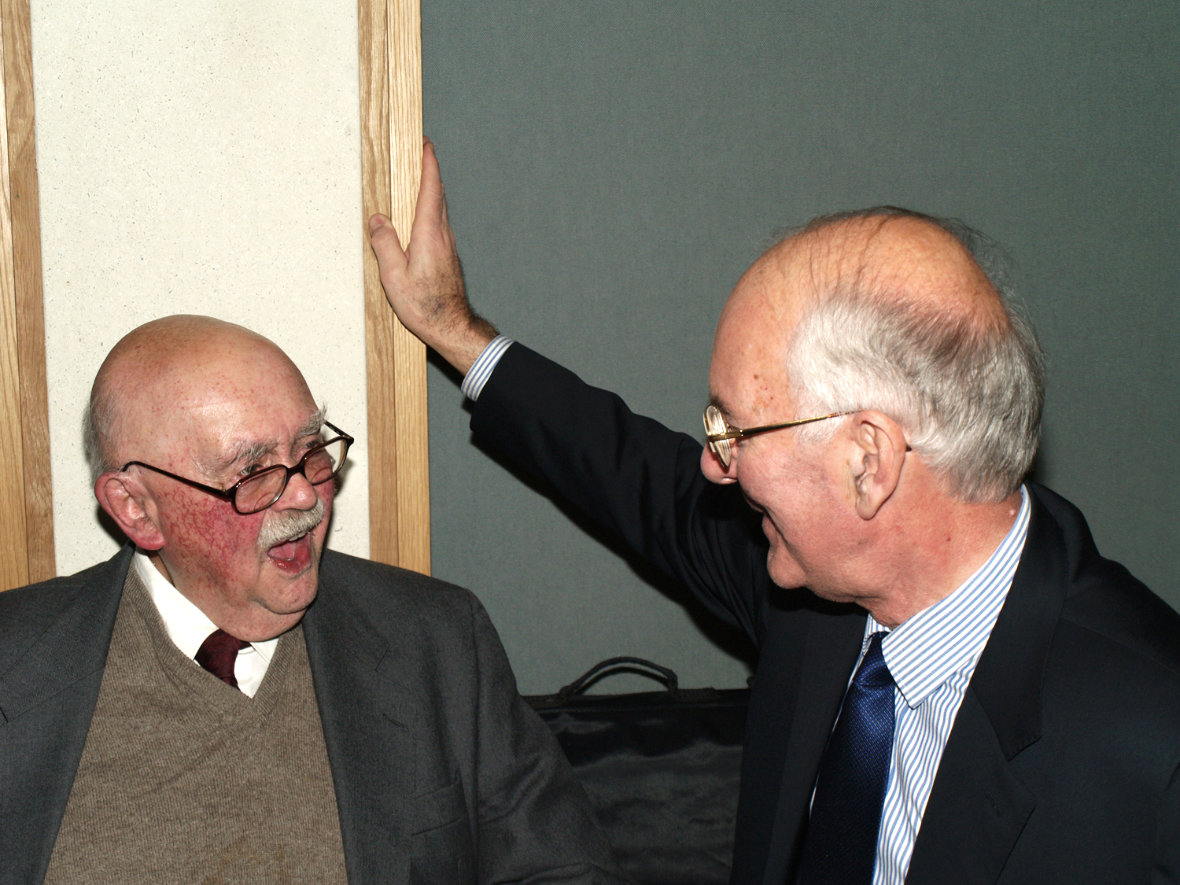Winton Basil Dean obituary
Peter Dickinson remembers the distinguished musicologist who wrote the libretto for Berkeley’s unfinished opera, ‘Faldon Park’
Winton Dean (18 March 1916—19 December 2013) devoted much of his long life to the study of Handel: his authority on the subject developed inexorably, and to such an extent that he could even be claimed as the greatest Handel scholar of all time. He published Handel’s Dramatic Oratorios and Masques (1959); Handel and the Opera Seria (1968); Handel’s Operas 1704–1726 (1987, with J. Merrill Knapp); and the second volume of Handel’s Operas came out in 2006 – all to critical acclaim. The launch of this last book at the Royal Academy of Music, when Dean was ninety, was a major occasion for celebration by Handelians from far and wide.
In his article about the incomplete opera, Faldon Park,1 Dean explains that he first met Lennox Berkeley with Britten at Cambridge in November 1938. Dean and Berkeley discussed modern music and Dean said he ‘expressed heretical opinions about Stravinsky’ which would not have gone down well with Berkeley. Dean had not particularly liked Berkeley’s choral and orchestral settting of Psalm 23, Domini est terra, Op. 10, when he heard it at the 1938 Three Choirs Festival in Worcester Cathedral. He preferred the wartime works such as the Symphony No. 1 Op. 16, the String Trio Op. 19, and the Divertimento in Bb Op. 18 – indeed these are masterpieces from that period.

In 1948 Dean published his first book on Bizet (revised in 1965; again in 1975; and translated into Italian and German). This emerged from his enthusiasm for French opera which naturally made him sympathetic towards some of Berkeley’s compositional roots. His writings about Berkeley included an article about the orchestral music for The Listener in 1955, and another when Nelson was revived for broadcast on BBC Radio 3 to mark Berkeley’s 80th birthday in 1983.
In a generous letter to me on 20 June 2012, after the publication of the second, much enlarged, edition of my book The Music of Lennox Berkeley,2 he recalled his first encounter with Lennox:
‘I first met Lennox before the war when he was living with Britten in a windmill, but [I] was never involved in the sexual ramifications. After the war we and our wives became close friends. Lennox and Freda and their family stayed with us more than twenty times. We had endless discussions, especially about the operas Nelson (to which I contributed a character) and Faldon Park. I have more than fifty letters from him.’
The same letter provided the anecdote which I published in my more recent book, Lennox Berkeley and Friends (p. 280).3
Dean was a generous man, lucky to have been able to pursue his research without the constraints of academic life, and he made outstanding use of his opportunities.